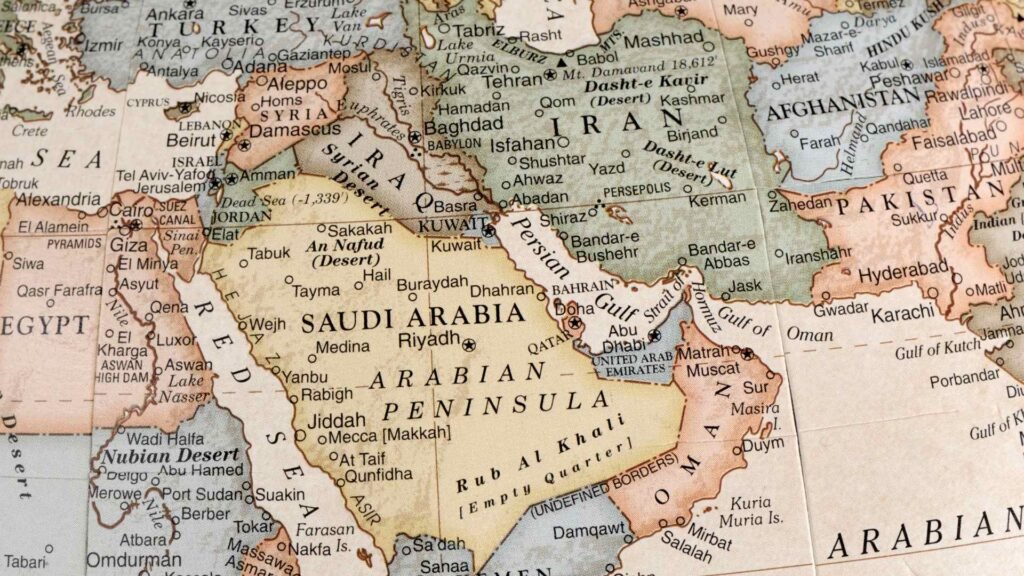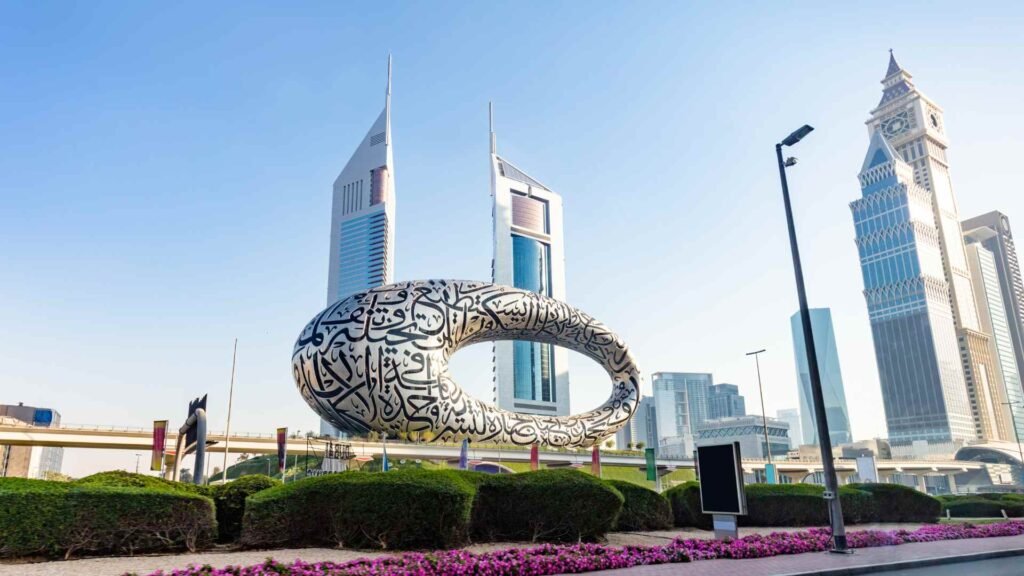Over the past few decades, the Gulf region has experienced a remarkable transformation, propelling it to become one of the wealthiest and most influential business hubs in the world. The achievements of Gulf businesses have not only contributed to their own prosperity but have also had a significant impact on the economic and social landscape of the region. In this article, we will explore the key factors that have made Gulf businesses so rich and powerful, both economically and socially.
Strategic Geographic Location

One of the primary reasons behind the success of Gulf businesses is their strategic geographic location. Situated at the crossroads of Europe, Asia, and Africa, the Gulf region serves as a natural gateway for trade and commerce. Its proximity to major global markets has facilitated the establishment of robust logistics and transportation networks, enabling businesses to efficiently connect with suppliers and customers around the world.
Abundance of Natural Resources

The Gulf region is blessed with an abundance of natural resources, particularly oil and gas reserves. These resources have been a significant driver of economic growth and have provided Gulf businesses with a strong foundation for their success. The revenue generated from the export of oil and gas has been instrumental in financing infrastructure development, diversifying the economy, and fostering innovation in various sectors.
Investment in Infrastructure

Gulf countries have made substantial investments in infrastructure development, creating a modern and efficient business environment. State-of-the-art airports, seaports, roads, and telecommunications networks have facilitated the movement of goods, services, and people, making it easier for businesses to operate and thrive. The development of world-class business parks, free zones, and industrial cities has also attracted foreign direct investment and encouraged the establishment of multinational corporations in the region.
Focus on Diversification

Recognizing the importance of reducing dependence on oil and gas, Gulf countries have actively pursued economic diversification strategies. They have invested in sectors such as finance, tourism, real estate, manufacturing, and technology, aiming to create a more balanced and sustainable economy. This diversification has not only reduced the vulnerability of Gulf businesses to fluctuations in oil prices but has also created new opportunities for innovation, entrepreneurship, and job creation.
Supportive Government Policies

Gulf governments have implemented business-friendly policies and regulations to attract investment and foster a conducive environment for entrepreneurship. They have established free trade zones, provided tax incentives, streamlined bureaucratic processes, and enacted investor-friendly laws. These measures have encouraged domestic and foreign businesses to set up operations in the Gulf, contributing to the region’s economic growth and prosperity.
Emphasis on Education and Innovation

Gulf countries have recognized the importance of investing in human capital and fostering a culture of innovation. They have made significant investments in education, with a focus on developing a skilled workforce capable of driving economic growth and technological advancement. Gulf businesses have also embraced innovation and research, leading to the development of cutting-edge technologies, patents, and intellectual property.
Commitment to Sustainability

Gulf businesses have demonstrated a strong commitment to sustainability, recognizing the need to balance economic growth with environmental and social responsibility. They have implemented green initiatives, invested in renewable energy, and adopted sustainable business practices. This commitment not only enhances their reputation but also positions them as leaders in the global transition towards a more sustainable future.
Conclusion
The achievements of Gulf businesses have been instrumental in shaping the economic and social landscape of the region. Their strategic geographic location, abundance of natural resources, investment in infrastructure, focus on diversification, supportive government policies, emphasis on education and innovation, and commitment to sustainability have all contributed to their success. As Gulf businesses continue to thrive and expand, they will undoubtedly play a crucial role in driving economic growth, creating employment opportunities, and shaping the future of the region.




